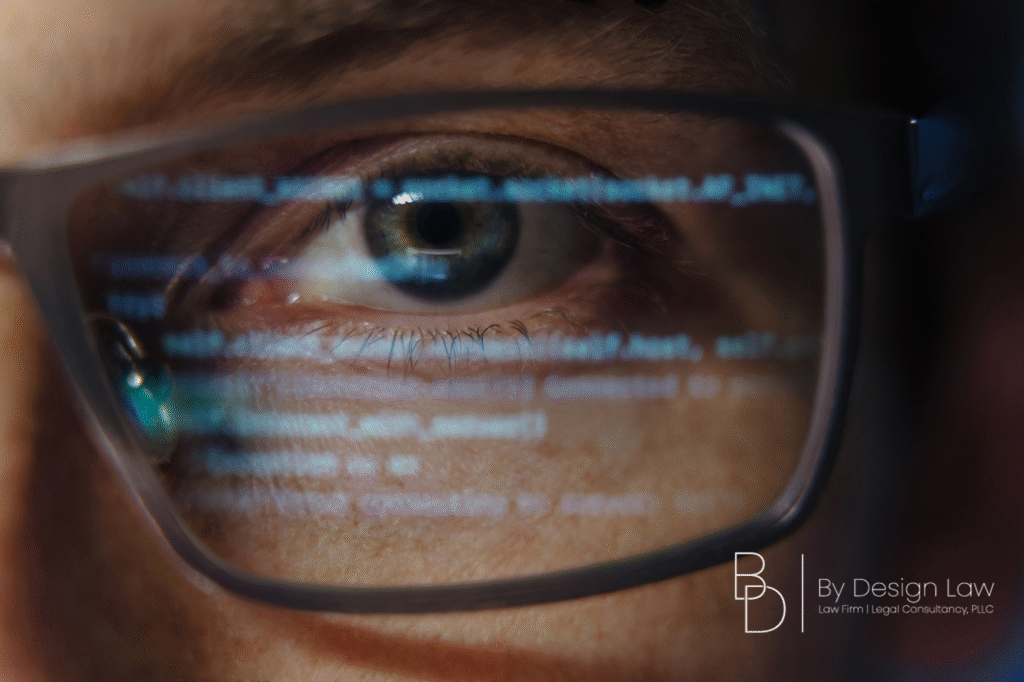
Gathering Storm: The Proliferation of Data Breach Lawsuits
In an era where our personal information is scattered across the digital landscape like confetti, the ominous specter of cyber threats looms large. The rise

In an era where our personal information is scattered across the digital landscape like confetti, the ominous specter of cyber threats looms large. The rise

When considering the best place to form a limited liability company (LLC), many entrepreneurs find themselves enticed by the seemingly attractive benefits offered by states

In the rapidly evolving world of technology, businesses are constantly on the hunt for innovative solutions to stay ahead of the curve. But what happens

In the ever-evolving landscape of finance and technology, few agencies wield as much influence as the U.S. Securities and Exchange Commission (SEC). Recently, its focus

Imagine diving into a treasure trove of innovative software tools, all freely available and ready to enhance your projects. This is the world of open

In an era where digital assets are rapidly transforming the financial landscape, the introduction of the Guiding and Establishing National Innovation for US Stablecoins Act—aptly

In the rapidly evolving digital landscape, the fine print of legal contracts is transforming in tandem with technological advancements. The surge in digital assets and

In an era where technology seems to offer solutions at the click of a button, the temptation to bypass traditional services is more alluring than

AI Washing: Unveiling Implications and Legal Guidance for Businesses In today’s rapidly evolving technological landscape, businesses are eager to harness the power of artificial intelligence

When entering into a contract—whether you’re leasing commercial property, forming a partnership, or selling a product—protecting yourself from potential losses is a core concern. One